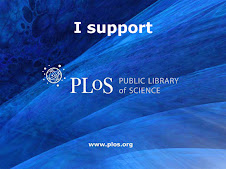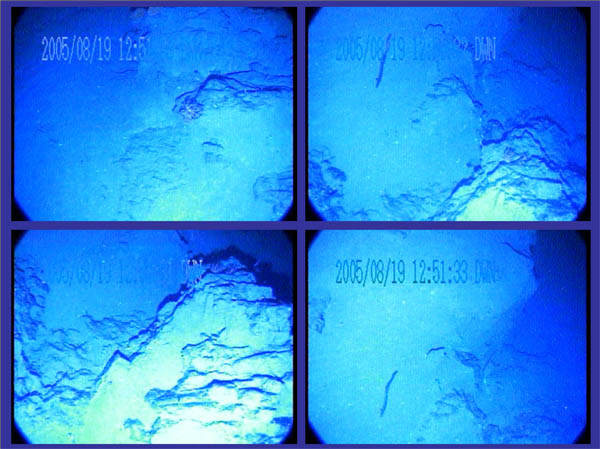Since I'm still a relative newcomer at the office I'm working in, other than my
musical activities, my colleagues are unaware of some of my other outside of work spare time activities. Nothing new there then.
Having booked a day or two off to attend
Science Blogging 2008: London, it wasn't long before folks enquired,
"so, what are going to be doing when you're off?".  "I'm heading down to London for the weekend"
"I'm heading down to London for the weekend" McDawg replied.
"A Conference about science blogging". That threw them
big time.
Yesterday, I was asked
"are you into Star Trek?". After I replied with
"yes", this was greeted with a couple of sniggers. I'm not exactly "a Trekky" by any sense of the imagination.
2 + 2 = 10McDawg then gets hit with
"so you're off to a Star Trek Convention..."Aye right.
"OK then, Google science blogging 2008" said McDawg.
After a few of them read
this, they
started to understand what I was talking about.
Some initial comments were interesting such as:-
"They're all PhD's"
"They're are old"Both factually incorrect.
Next up was
"what do you blog about?".
"Various things: music, comedy, science, you name it". retorted McDawg.
We are a small team and clearly, I'm the only blogger. Nothing unusual about that.
--
After one person read this out loud:-
The science blogging community is growing rapidly and reaching larger audiences. At Science Blogging 2008, science bloggers from around the world will have the opportunity to meet and discuss the pressing issues in science, science communication, publishing and education. What can science bloggers do to maximise their impact? Can blogging contribute to scientific research and careers? How can blogs be used to help educate the public about science? Readers and writers of science blogs, those who follow trends in online scientific communication and anyone else interested in learning more about science blogging will benefit from the discussions. they and those listening started to appreciate the purpose of the Conference and why us attendees were, er, attending.
--
Science is not just about scientists - its about many things. Blogging is about many things. The dual combination is still a relatively new concept but one that is rapidly gathering in pace the world over.
During today's discussion, once the concept was grasped that McDawg is a blogger, someone interested in science and attending a Conference about these subjects, thank feck, the penny had dropped.
Better still, once I explained that I already knew, via the blogosphere, many of the speakers and others attending and was equally looking forward to the social events, it was swiftly back to work to all concerned in this interesting on and offline discussion.
I rest my case.













